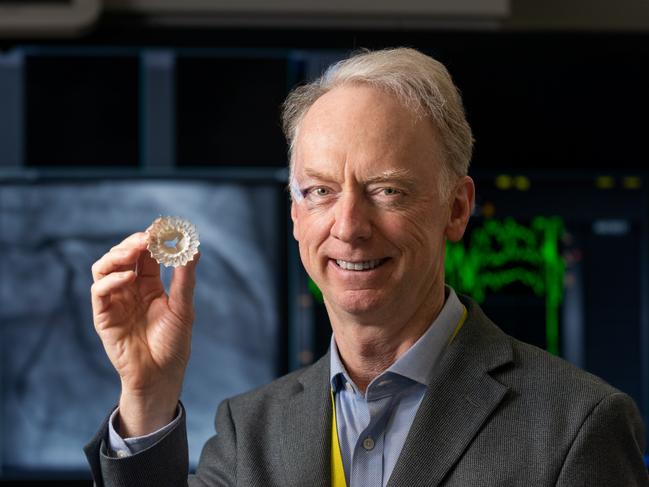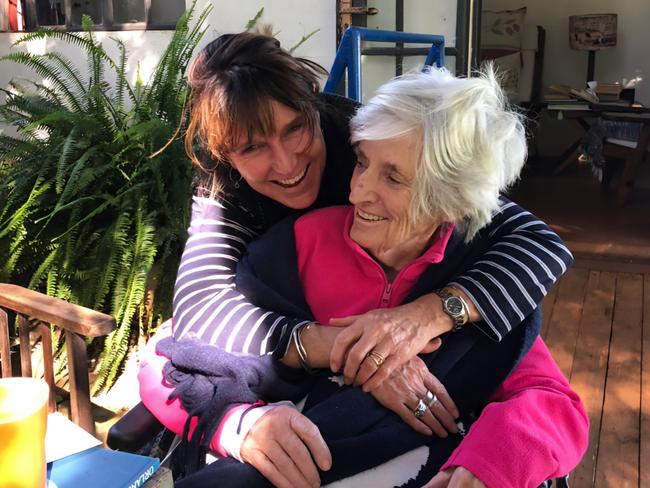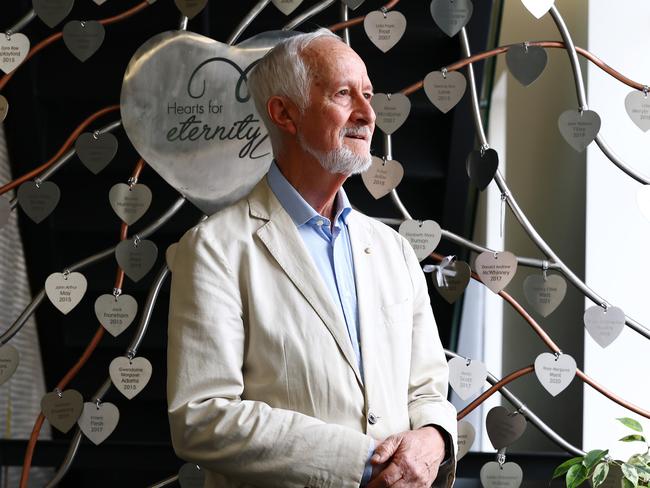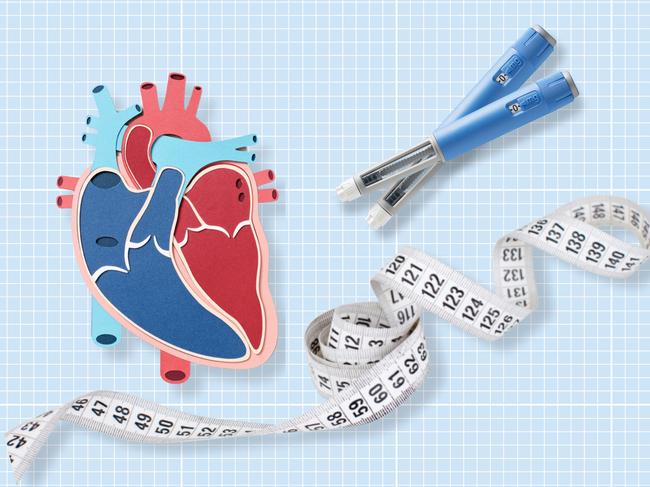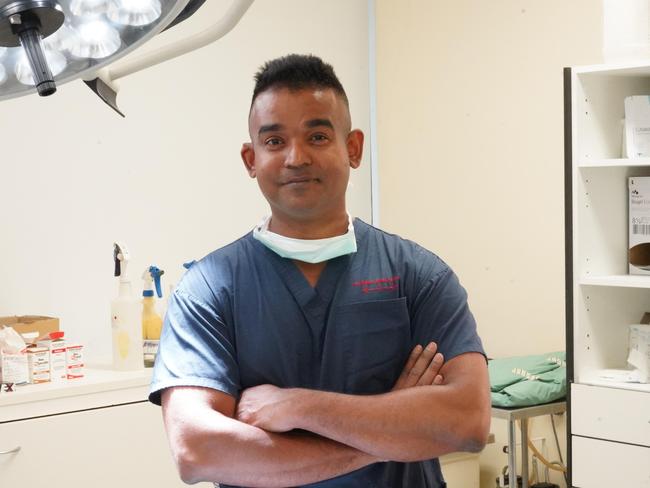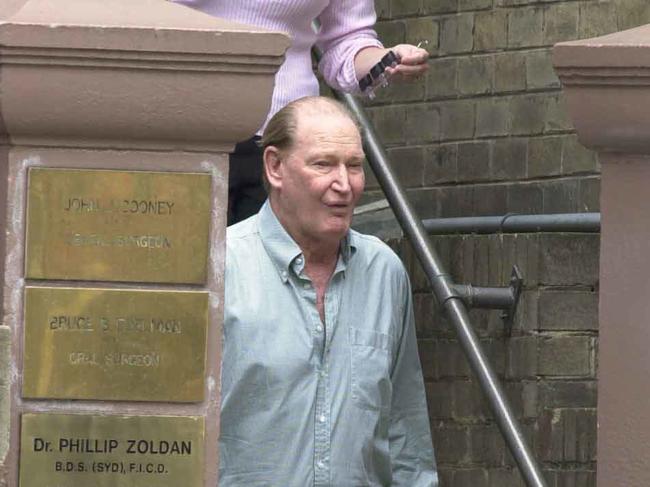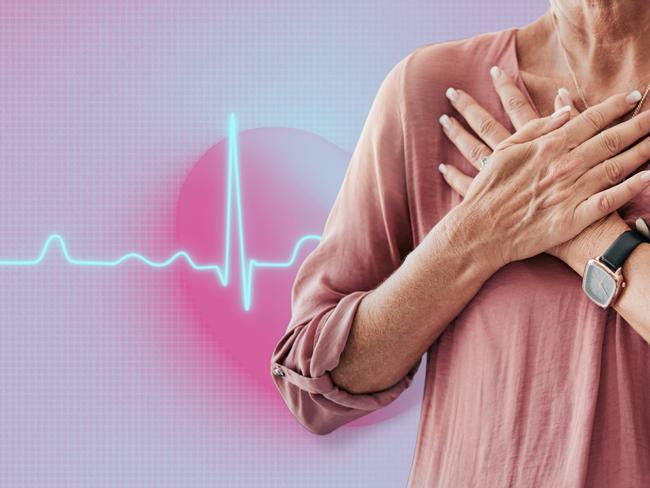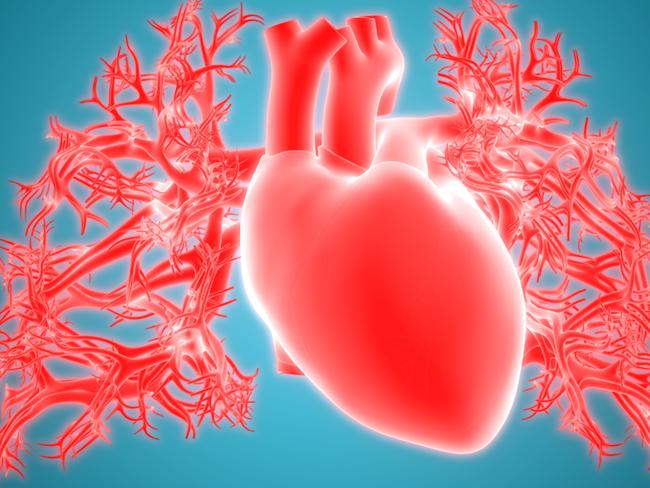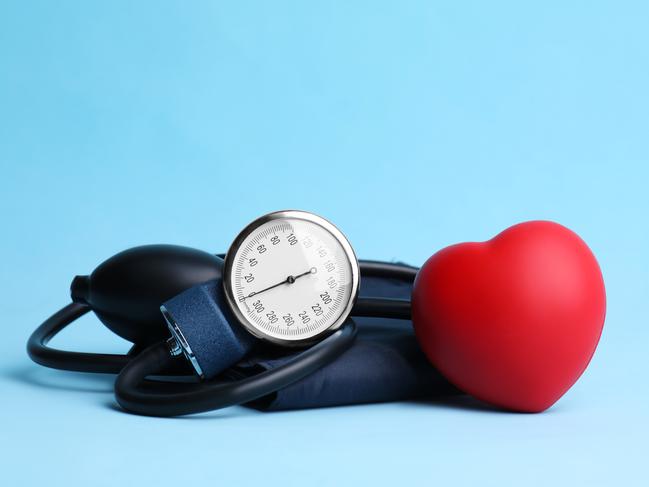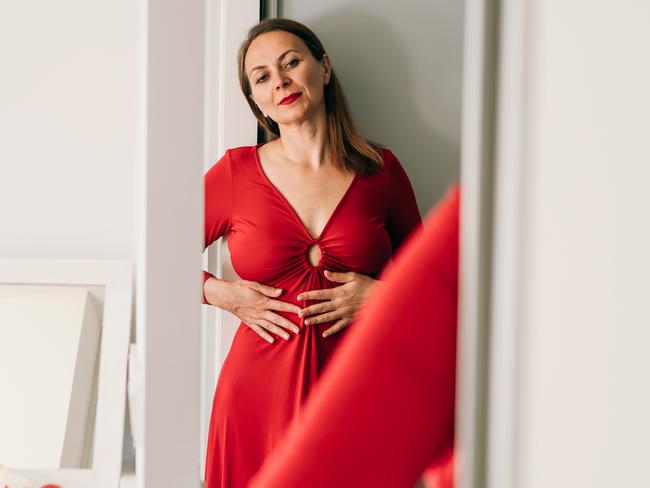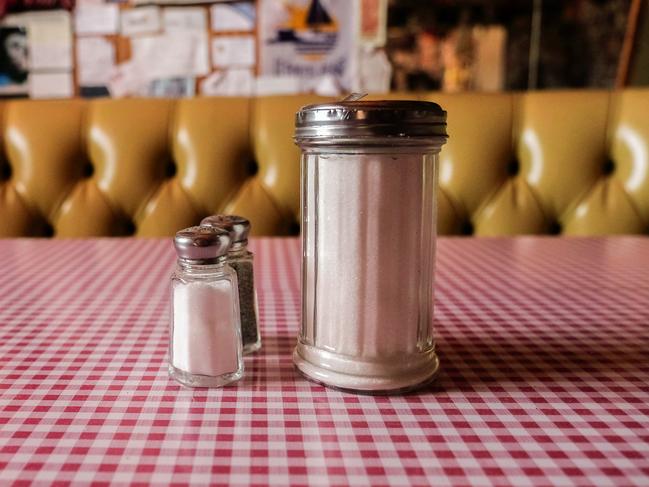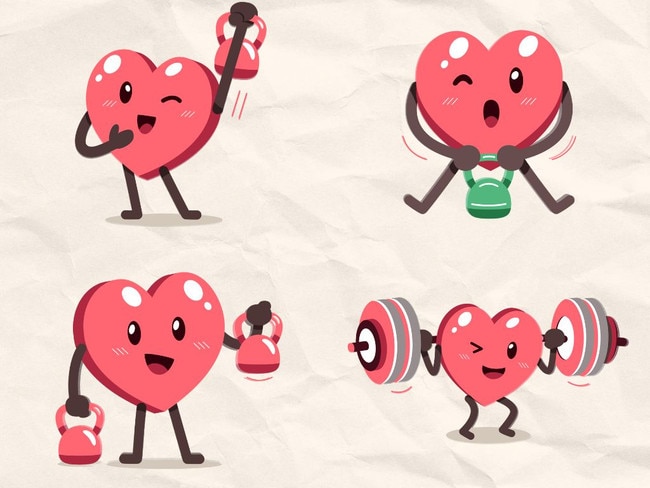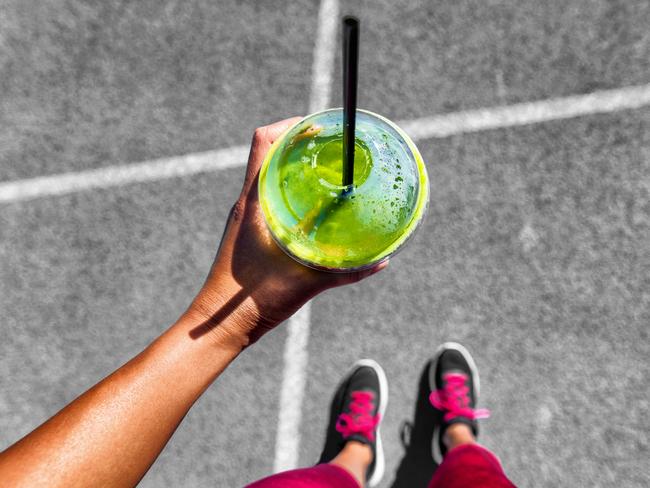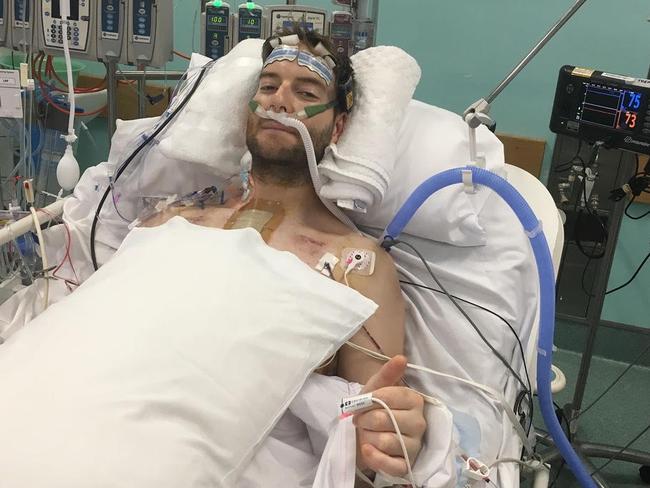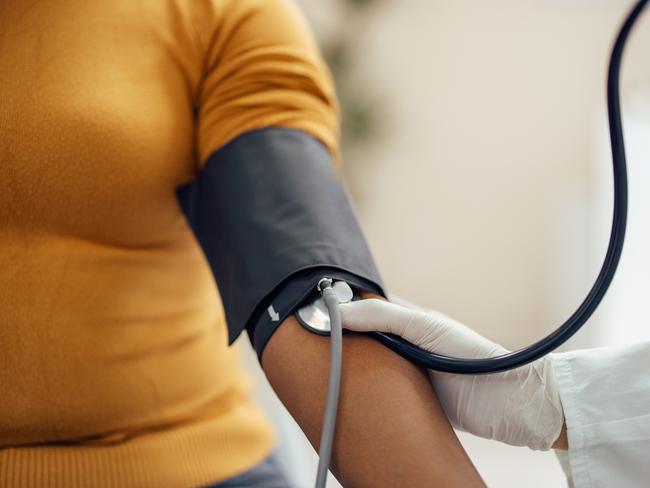PROFESSOR EXPLAINSHealthA war has erupted in the medical community, on social media and in health policy over cholesterol-lowering statins, a drug taken by 2.2 million Australians. Now an eminent cardiologist explains why he thinks the anti-statin argument is nonsense.
Professor Jason Kovacic
EXCLUSIVEMedicalThe chief medical adviser to Make America Healthy Again campaign has defended Australia’s PBS, as the Trump administration comes under pressure to drag the pharmaceuticals program into tariff negotiations.
POTENTIAL BENEFITSFitnessAdding the load of a weighted vest can increase the benefits of exercise, including walking as well as gym workouts. Here are an expert’s tips on how to do it. WATCH THE VIDEO
Dr Justin Keogh
GOOD FOODDietFormer MasterChef judge Gary Mehigan offers simple, easy recipes for staples you can cook at home, but which still feel special.
GARY MEHIGAN
COOKING KICK-STARTDietWhen former MasterChef judge Gary Mehigan felt a flutter in his chest, he ignored it until his heart rate spiked. Now, he’s on a mission to boost health in the kitchen.
CHRONIC HEALTHMedicalTrying to find a doctor who can provide continuity of care is increasingly difficult. But it’s also key to better-quality healthcare, which can result in improved physical and mental wellbeing, according to a landmark international report.
INFLAMMATIONMedicalWe all like to keep our mouths shut about gum disease. But unless it’s addressed, the consequences can be deadly.
MATT HOPCRAFT
MAGAZINEThe Weekend Australian MagazineHe nearly died last year and has since been on a diet of Ozempic, pickleball and alcohol abstinence to improve his health. Where’s the joy in that?
Nick Rufford
EXCLUSIVEMedicalIdentifying heart problems before they are full-blown attacks in hospital is a key to saving lives – and health spending. Has an Australian developer cracked the nut?
OFFICE ‘CULTURE’wellbeingPerhaps the youngsters who want to ‘quiet-quit’ have it right. Why tether yourself to a master-slave work regime? But then again, pressure can be, for good or ill, a way of life.
BACKLASH GROWSDietThere is no more non-partisan issue than safeguarding what people are eating and how it affects their health.
Louisa Clarence-Smith
ExclusiveMedicalAlmost half of all Australians at risk of heart valve disease have never heard of it. A pioneer in its treatment is calling for vigilance.
PROFESSOR EXPLAINSAccording to an ever-increasing army of biohackers who are taking a DIY approach to making their brains, bodies and hearts function better, and longer, death may be optional. As a cardiologist, here’s my take and what I do myself.
Jason Kovacic
RESEARCH ADVANCEMedicalA pill taken by millions in midlife for heart health could also protect the brain, a new study has found.
ANTHEA ROWAN
ExclusiveMedicalIt’s a deadly one-two. High blood pressure and atrial fibrillation greatly increase the risk of stroke, heart failure and dementia. Yet too often, despite a test that takes 30 seconds, AF is not detected by doctors.
EXCLUSIVEMedicalThe Heart Foundation says Australia can no longer overlook the role of obesity in cardiovascular disease and wants to form a national taskforce to improve patient outcomes and consider if GLP-1 drugs could help.
ExclusiveMedicalFor heart surgery patients, the risk doesn’t end after going under the knife, with a new drug trial aiming to reduce cognitive problems and kidney injuries caused by heart-lung machines.
Election 2025MedicalAnthony Albanese kickstarted the election campaign lauding our public hospitals for treating billionaires like Kerry Packer the same as everyone else, including himself. We run the ruler over his claim.
CHEST PAINMedicalWomen often deny the heart attack signs and decide they’ve got indigestion or some other minor disorder instead of seeking treatment.
SAME DOSE FOR ALLMedicalShould all over-50s take a preventive drug? A debate in Britain could have messages for treatment more broadly. Here’s what the experts say.
PETA BEE
PROFESSOR EXPLAINSMedicalIf you have lost a family member early to heart disease, you will want to know your own risk. A new Australian study that tracked patients for three years shows what you can do if you are in the ‘intermediate’ zone.
PROFESSOR TOM MARWICK
RISK OF HEART DISEASEThe best time to reduce your risk of long-term heart disease is right now, says a cardiologist who explains what you can learn from monitoring some vital signs
Professor Jason Kovacic
sleep symptomsHealthSleeping too little or too much doesn’t just make you cranky, forgetful or tired. This little-known risk factor affects millions of Australians.
JASON KOVACIC
THE REAL MENOPAUSEHealthAs women transition into perimenopause and menopause, they may notice a change in their body shape and how they feel. Here’s what some experts say will help keep you nourished.
WHO adviceHealthThe World Health Organisation has issued new guidelines urging people to swap regular table and cooking salt for lower sodium substitutes at home.
EXERCISE PLANHealthA new study has highlighted the dangers of fat buried deep within our muscles. This exercise plan will help to reduce intermuscular fat and build power.
PETA BEE
Q+AHealthThe rock singer reveals how he balances his physical and mental health while touring, how following doctors’ advice saved his life in 2009, and why he finds inspiration in The Rolling Stones.
SUMMER FITNESSHealthIf you’re inspired to make this your best year yet, the advice is to make continual small but important changes that become daily habits.
healthHealthIn less than two hours, Geoff Lester went from seemingly fit and healthy to being told he would die without immediate surgery. Exercise has been crucial to his recovery.
HealthDangling your arm, wearing the wrong size cuff and scrolling on your phone can make a reading higher or lower than it should be.
Betsy McKay












